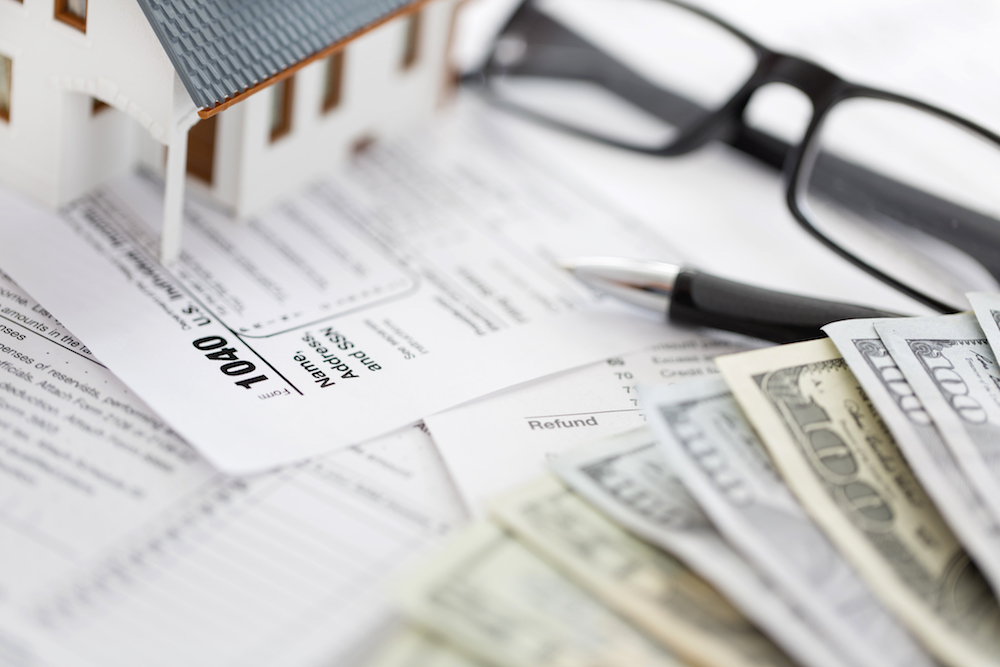So You Want to Buy/Sell a Condo, Now What?
As we discussed in our last blog post, “What You Should Know Before Buying a Condo,” condos may be charming, but obtaining a mortgage for one can be complicated, especially if you aren’t prepared with specific information ahead of time.
In short, borrowers must provide lenders with documents, such as the condo’s certification, before a loan can be processed. Based upon the evaluation of these documents, lenders are able to determine if the condo falls into a financeable category. At this point you may be thinking, “How do I find out what the condo project’s status is?”
In order to find out the status of a particular condo project, you’ll need to have access to the condo questionnaire, otherwise known as the condo certification. This document can be obtained from the homeowners association (HOA), builder/developer or management company.
Most of the time there will be a fee to obtain this information. However, spending the money upfront far outweighs potential consequences down the road. You don’t want to find out three days before closing that the condo you’ve agreed to buy is unfinanceable.
Whether you’re a buyer, seller or an agent representing clients, you’ll want to take the following steps to ensure you’ve done your due diligence with such a significant personal investment.
If you’re a listing agent
Encourage the seller to pay any fee associated with obtaining the condo certification. Once you have access to the condo certification, you’ll want to have a mortgage lender familiar with condos review it to determine what financing is available. Have this information ready to show potential buyers.
If you’re a buyer’s agent
Request the condo certification before the buyer makes an offer, or do a contingency to have it reviewed within a few days after the offer is made. Review the condo project’s data with the lender who pre-approved your client, to make sure their financing options are compatible with that unit.
If there is a fee to obtain the condo certification, negotiate with the seller to have it filled out, or make sure the buyer is aware of the charge. In some cases, the buyer could end up paying $200 just to find out the condo is non-warrantable.
If you’re selling a condo
It’s important to know what category the condo you are selling falls under. By investing money upfront to obtain the condo certification, you’ll be able to weed out buyers who will not qualify, thus saving money down the road. Work with a listing agent who is familiar with condos. It’s critical they know how to inform potential buyers about these crucial issues so time is not wasted and/or a proper buyer is not missed.
If you’re buying a condo
If possible, obtain the condo certification prior to making an offer. Make sure you are working with a lender who specializes in condos and have them review the condo status sooner rather than later.
For this reason, it’s important to make sure you can accommodate the financing required for the condo development. If you are approved at 10% down, it might be wise to prepare to have 20% down, just in case the financing for the development requires a 20% down payment.
If you’re thinking about purchasing a condo and are ready to take the next steps, contact me at 734.462.5990.










